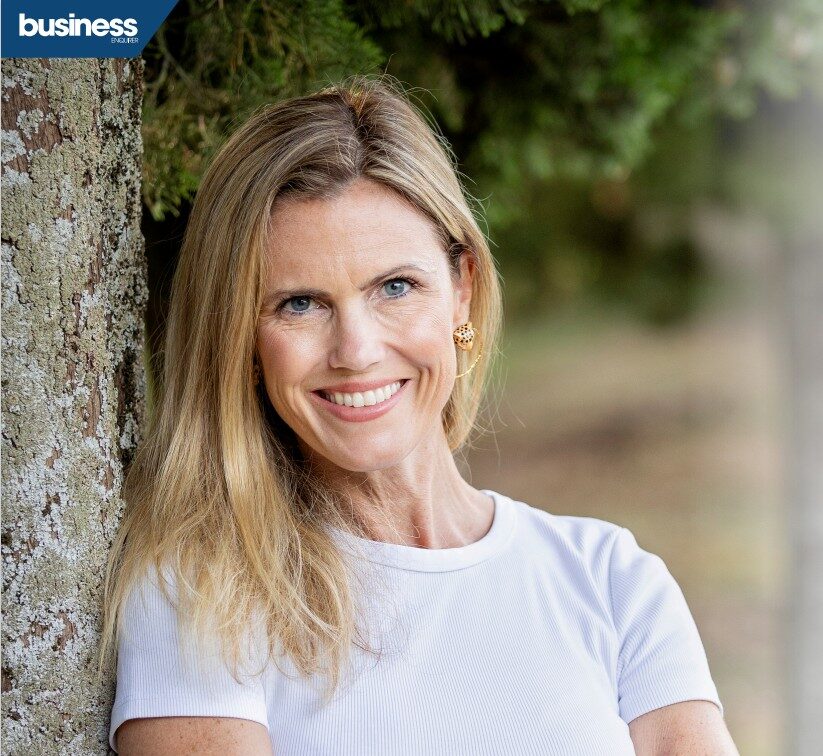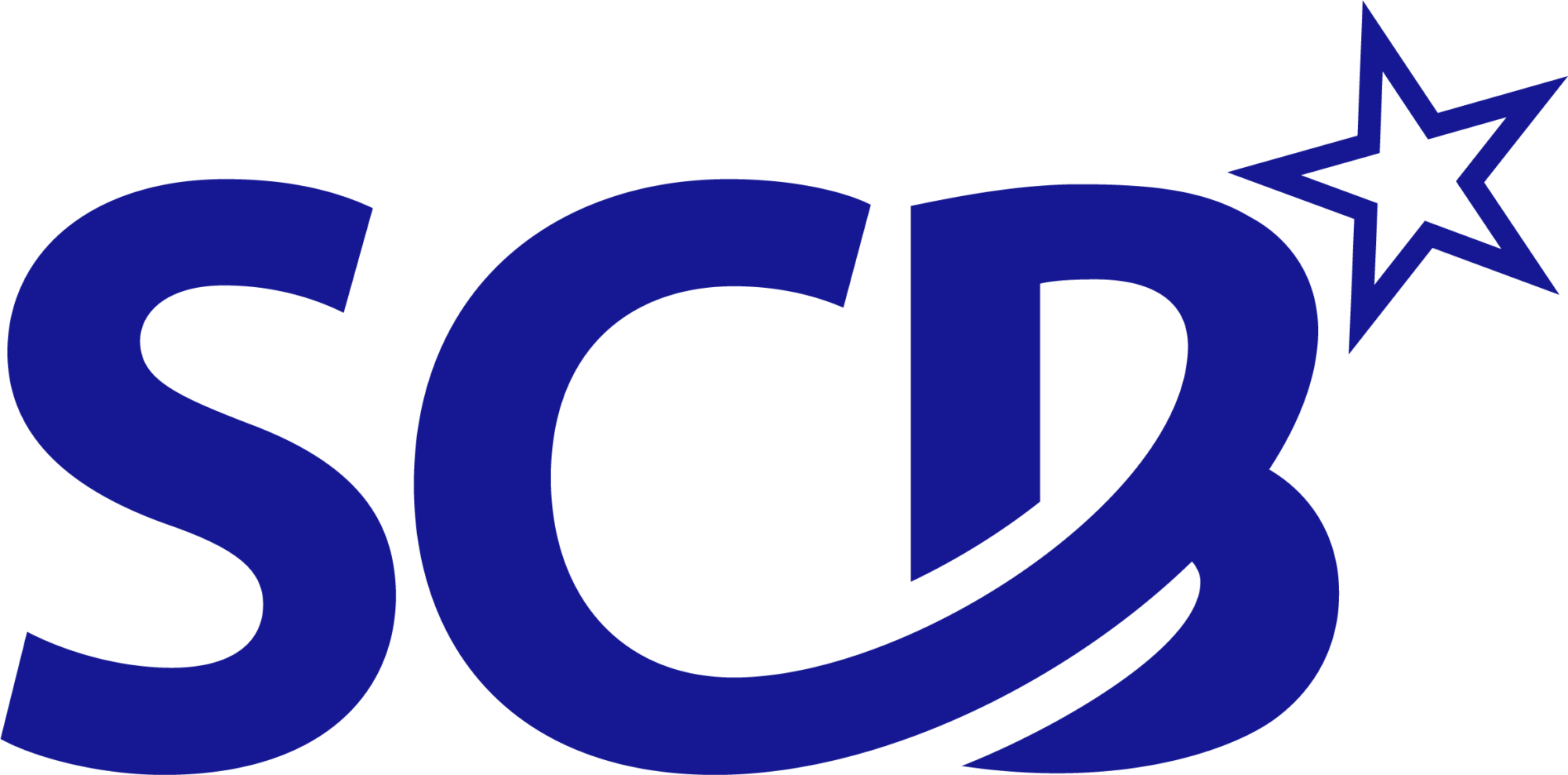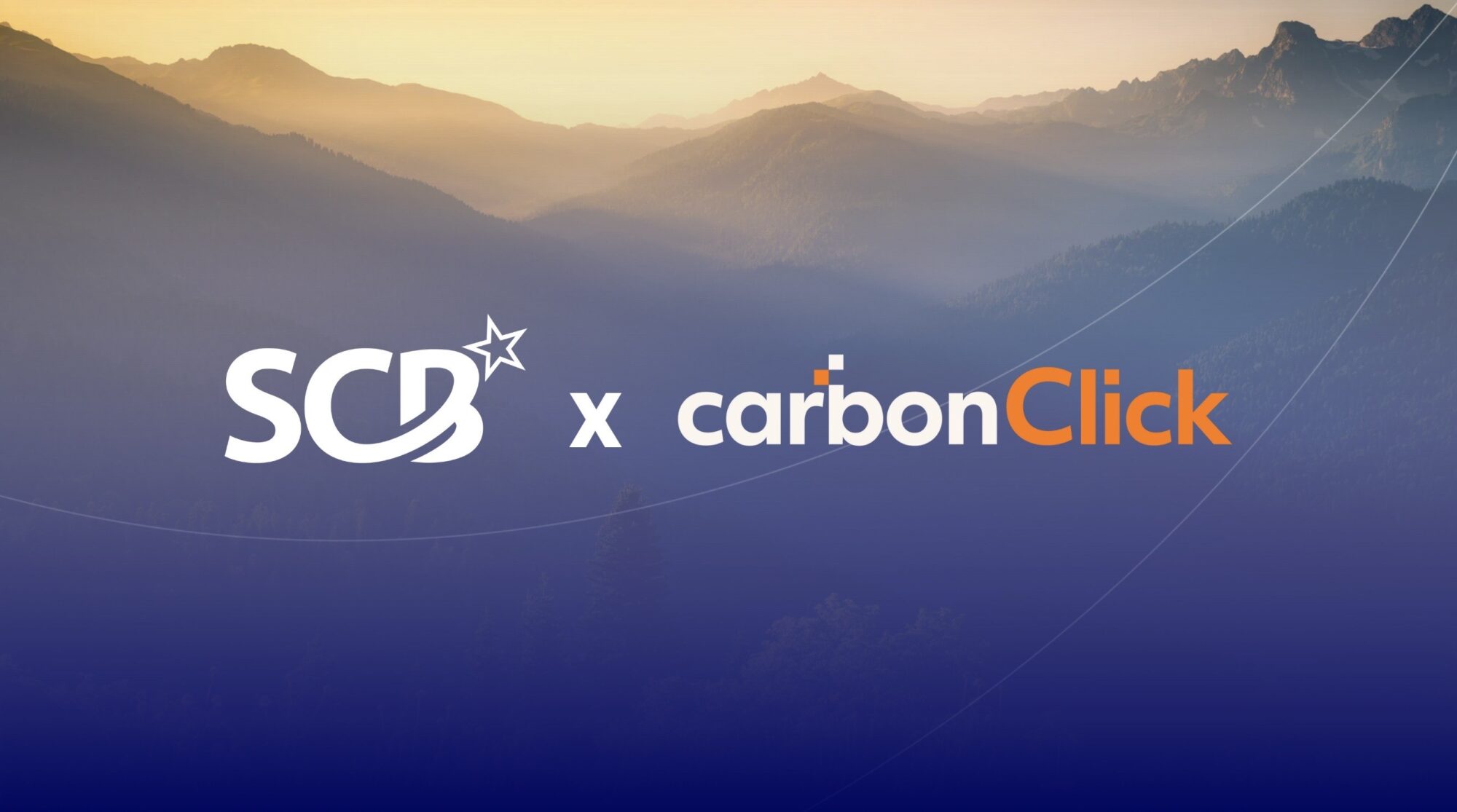SCB Group is pleased to announce a new partnership with DelAgua Group Limited, responsible for the design and implementation of major carbon reduction cookstove projects across Rwanda.
The flagship partnership project, located in the Districts of Gakenke, Nyagatare, Musanze, and Gicumbi Rwanda, is driven by a local team of Community Health Workers trained and paid by DelAgua. As well as distributing the stoves they use a bespoke app to scan, monitor and track each stove with every individual household.They also deliver exceptional education and support , visiting every family twice yearly throughout the life of the stove.
SCB is supporting the distribution and use of 25,000 high efficiency cookstoves to benefit 25,000 households, more than 100,000 people, over a minimum ten year lifecycle and beyond thanks to the broader social and community impacts provided. The use of these cookstoves dramatically improves the health of rural families solely reliant on firewood to boil water and cook food.
The project focuses exclusively on the poor rural populations that are most in need and cannot afford cookstoves. DelAgua is in charge of overseeing every part of the initiative, including the procurement and distribution of stoves and the training, and ongoing support of the stove beneficiaries as well as the monitoring of usage and the issuance of carbon credits.
Speaking from a cookstove distribution in Kinigi Sector in rural Rwanda, SCB CEO Kevin McGeeney says, “We’re seeing first-hand that these cookstoves help families enjoy normal meals together rather than stressful days spent searching for wood and long waits around a smoky fire for dinner that sometimes never happens as woodfuel is so scarce. The benefits of this project are truly valued at a community level and we are equally proud to relay these gains via the carbon offsetting programmes that are helping companies achieve their carbon-neutral targets.”
DelAgua’s Chairman and Co-Founder Neil McDougall says: “Our expertise is in understanding the needs of the poorest rural communities living on $1/day or less, for whom access to the basic human right of clean cooking has been denied because it is unaffordable for them. We provide a top- quality stove combined with integrated education and support throughout the 10- year life of the stove, delivered by our team of over 5,000 Community Health Workers. No other stove programme gives this level of support and it’s how we achieve exceptional long term behavioural change: independent audits show 99% of stoves are in daily use 2 years after distribution. We can only achieve this through the support of innovative finance and this investment by SCB Group delivers better health for Rwandans and a better environment for all.
Better for health, better for the environment
Globally, more than three billion people use inefficient stoves or polluting open flames to cook their meals, which harms their health, as well as the climate and the environment, according to the Clean Cooking Alliance (CCA), a non-profit focused on the issue. The use of solid fuels and open flames for cooking results in close to four million preventable fatalities per year. More than 950 million people in Sub-Saharan Africa alone rely on wood and charcoal for cooking, and by 2050, that figure is expected to rise to 1.67 billion.
According to the Rwanda Energy Group, more than 90% of Rwanda’s biomass energy usage is used for cooking. The DelAgua cookstove requires 71% less wood than traditional open fires and burns efficiently using small twigs and tinder. It is estimated that over the course of a stove’s ten-year lifespan, because of the reduction in wood use, each one prevents the release of more than 35 tonnes of CO2 into the atmosphere and by keeping more trees in the ground 64km2 of forestry will be saved every year.
clean cookstoves for improved gender equity
Surveys have also shown that women and girls in rural Rwandan communities perform 95% of the home cooking duties. The daily routine of gathering wood, managing the fire, preparing food, cooking, and cleaning up can take up to eight hours. As the DelAgua stove requires 71% less wood, this will equate to 71% less time spent gathering wood and due to its high efficiency, the cookstove will also drastically cut down cooking times. Freeing women from the fire enables them to spend time on more productive activities so the stoves are a vital tool, therefore, in tackling gender issues as well and helping to achieve many other of the UN Sustainable Development Goals.
carbon credit issued in 2023
SCB and DelAgua signed an agreement in May 2022 for the distribution and use of efficient cookstoves to render an environmental impact meriting carbon credits to be issued in or around Q4 of 2023.



